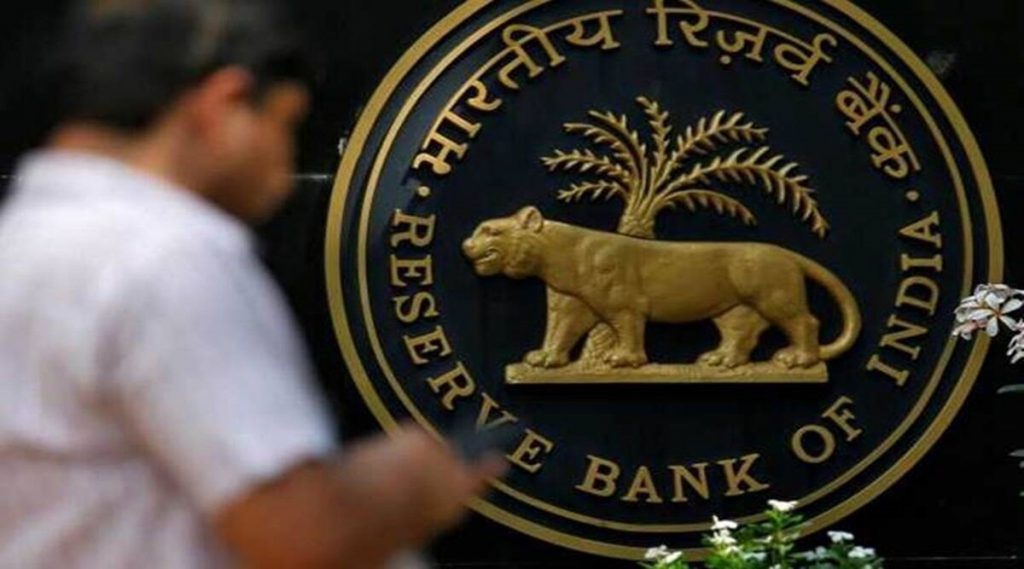By Shashank Didmishe The Reserve Bank of India’s agenda for 2022-23 is digital-heavy. The central bank announce lending norms for digital platforms, roll out a central bank digital currency, facilitate setting up of 75 digital banks and implement a geo-tagging framework. It has proposed several measures to bring about structural reforms in the digital payments and fintech space.
To implement norms on prudential lending by digital platforms, the RBI said it would have to work with other agencies, including the government. The central bank had in November issued a consultation paper on lending through online platforms. The recommendations include restricting balance-sheet lending by digital lending apps only to the regulated entities, rules to prevent illegal digital lending activities and treating ‘Buy Now Pay Later’ (BNPL) as part of balance-sheet lending.
With regard to the central bank digital currency (CBDC), the RBI is planning to adopt a graded approach such as proof of concept, pilot and the final launch. “The design of CBDC needs to be in conformity with the stated objectives of monetary policy, financial stability and efficient operations of currency and payment systems,” the RBI said. The central bank will also facilitate setting up of 75 digital banking units in 75 districts, the report said.
All public sector banks, 10 private banks and a small finance bank are working to operationalise digital banks by July 2022, the Indian Banks Association had said earlier. In order to sensitise banks and other financial institutions to the risks related to climate change, the central bank is going to issue a consultative paper. The paper will familiarise banks with international practices and enable adoption of a strategic approach to climate-related risks.
In January 2022, a RBI-mandated sustainable finance group did a survey with PSBs, private and foreign banks. The central bank will include the feedback in the paper on climate change risk. In the payments space, the linkage between Unified Payments Interface and Singapore’s payments system PayNow is expected to be operationalised in the second half of 2022.
The linkage will enable users of the two systems to make instant fund transfers without the need to get on-boarded on the other system. The RBI said it will initiate the process to implement the geo-tagging framework, which will provide locations of existing payment touch points. The banks and other payments related entities can get insights on regional penetration of digital payments by monitoring infrastructure density across different locations.
The central bank will come out with a document ‘Formulation and Release of Payment System Vision 2025’ with its vision for the payments ecosystem. The RBI will internally implement a Robotic Process Automation solution for automation of routine and repetitive tasks. The regulator will also upgrade e-Kuber based on newer technologies with wider flexibility and stability.
It is taking appropriate measures for further popularisation of the RBI Retail Direct Scheme for improving its overall reach for suitable retail investors. The aim is to broaden the government securities market by increasing retail participation. The RBI is expected to issue further draft guidelines on the other risk categories and output floor by June 2022, while the final guidelines will be issued by September 2022, the report said.
.
From: financialexpress
URL: https://www.financialexpress.com/industry/banking-finance/rbi-rolls-out-digital-heavy-agenda-for-2022-23/2540399/
